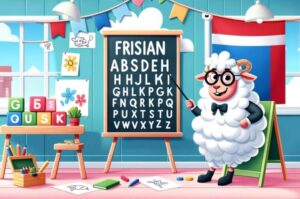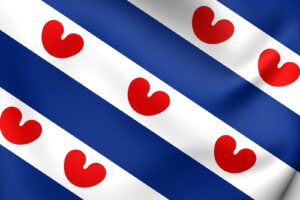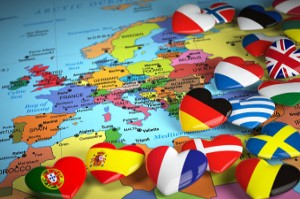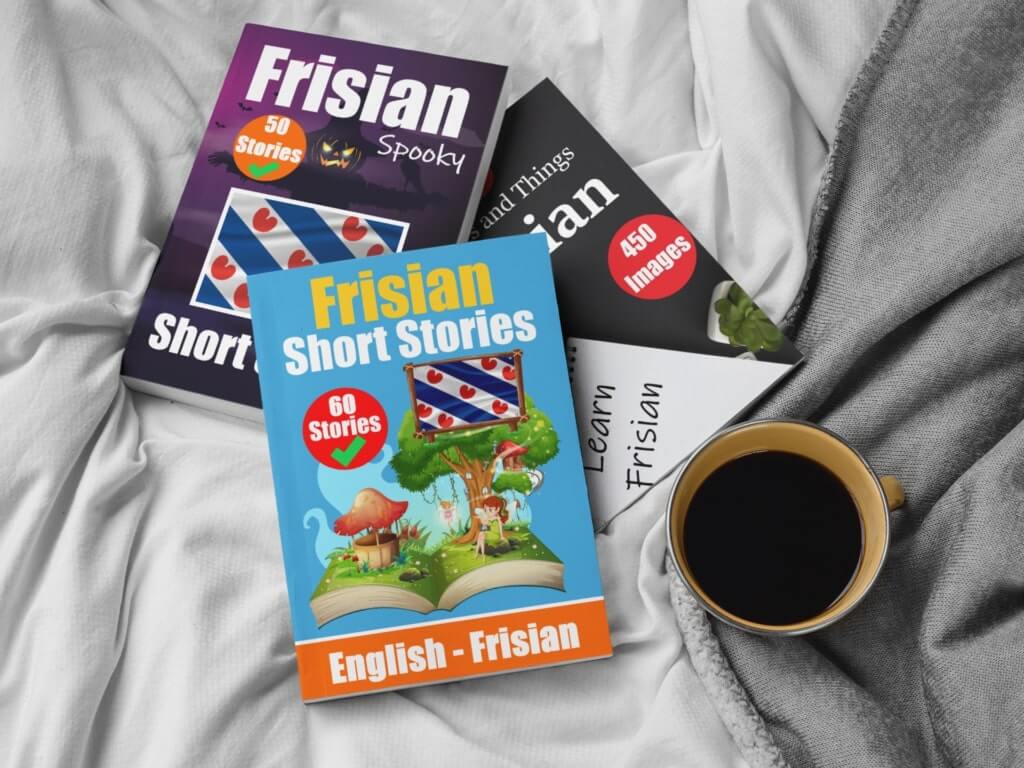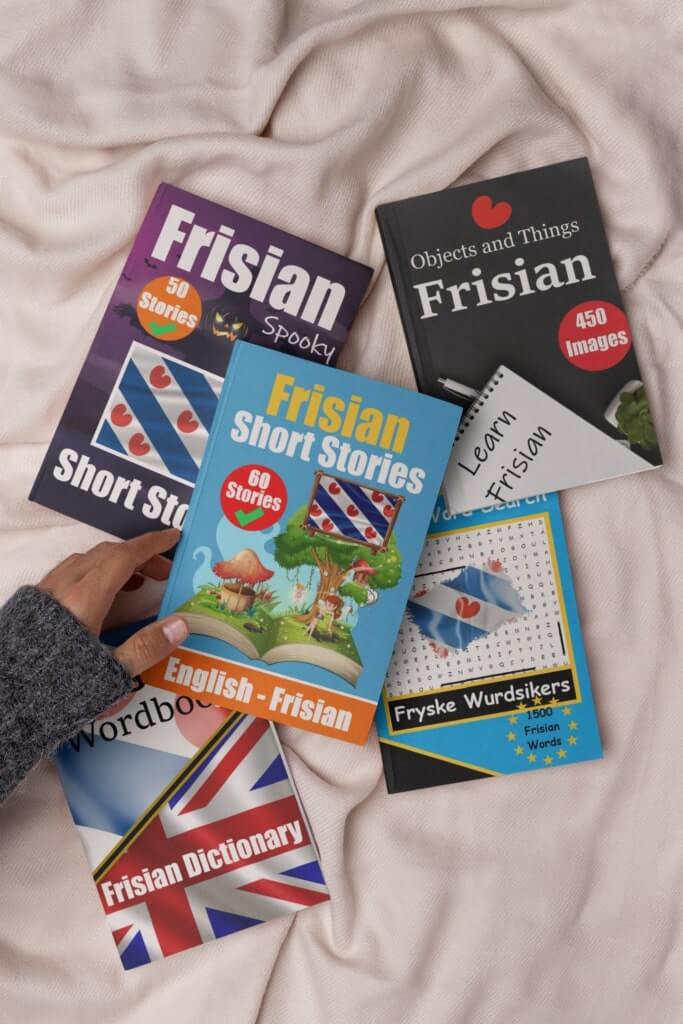LearnFrisian
Frisian is a language from Friesland in the Netherlands. LearnFrisian.com offers a free Frisian learning program, which includes audio for listening practice, exercise points, and competitive features for motivation. It’s a great resource for those exploring Frisian language and culture.

✅ 7000+ Questions
✅ 800+ Lessons
✅ 1500+ Audio
Why you should learn Frisian
Closest language to English
Makes it the easiest language to learn as an English speaker.
The Coolest Words
Frisian’s vowel system has some unique features that make it distinct from other Germanic languages.
Oldest living Germanic language
Frisian is the oldest living Germanic language.
Spoken by Vikings
The Frisians have just like the Scandinavians a ‘viking’ history.
Join a community of only 500,000 speakers
The Frisian language has around 500,000 speakers.
Explore a whole new world
Explore the Frisian history, myths, folktales, culture and much more.
Start learning Frisian today.
What can you learn?
Interested in Frisian articles?
What happened to Magna Frisia?
Magna Frisia, also known as Greater Frisia, was a region in Europe that covered parts of modern-day Netherlands, Germany, and Denmark. It was inhabited by the Frisian people, a Germanic ethnic group who still live in parts of the Netherlands and Germany today.In the early medieval period, Magna Frisia was a powerful and influential region….
7 Frisian Inventions
Frisia, a region located along the North Sea coast of the Netherlands, Germany, and Denmark, has a long history of innovation and invention. From early agricultural practices to modern technologies, Frisians have made significant contributions to a wide range of fields. Here are a few notable inventions and innovations from Frisia: The windmill: Frisians were…
How old are the Germanic Languages?
The Germanic languages are a group of closely related languages that have been spoken in Europe for over two millennia. While the exact origin of the Germanic languages is not known, it is generally agreed that they originated in northern Europe and spread across the continent through migration and conquest. FrisianFrisian is the oldest Germanic…
Frisian in Places in Denmark
Frisia, a region that extends across parts of the Netherlands, Germany, and Denmark, has a rich cultural history that dates back centuries. In Denmark, there are several towns and villages that have a strong connection to the Frisian culture and language. One of the most well-known Frisian places in Denmark is Tønder. Located in the…
Frisians Wars
The Frisians, a Germanic people who inhabited the coastal region of what is now the Netherlands and northwestern Germany, were involved in a number of wars throughout their history. One of the earliest recorded Frisian wars was the Battle of the Boarn, which took place around 734 AD. In this battle, the Frisians, led by…
Frisians in Beowulf
Beowulf, an Old English epic poem, tells the story of a warrior named Beowulf who battles various monsters and dragons. The poem is set in Scandinavia, but it also features references to the Frisians, a people who lived in what is now the coastal region of the Netherlands and Germany. The Frisians are mentioned several…


